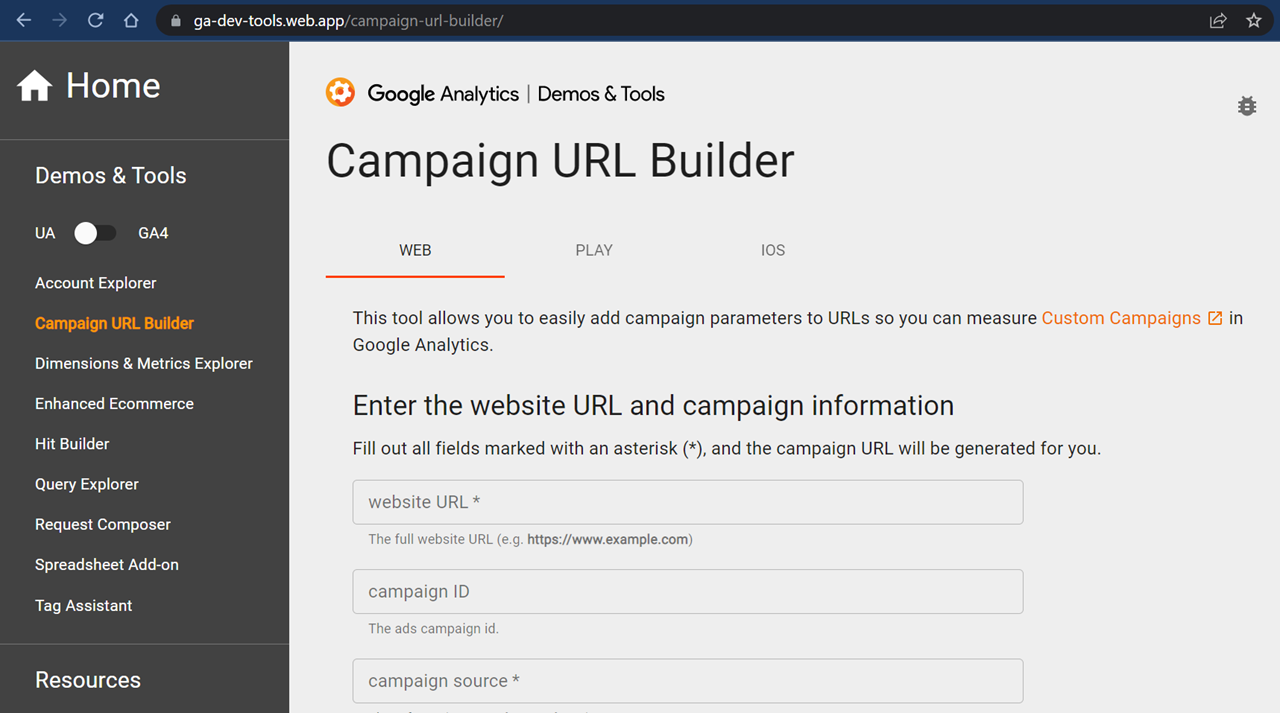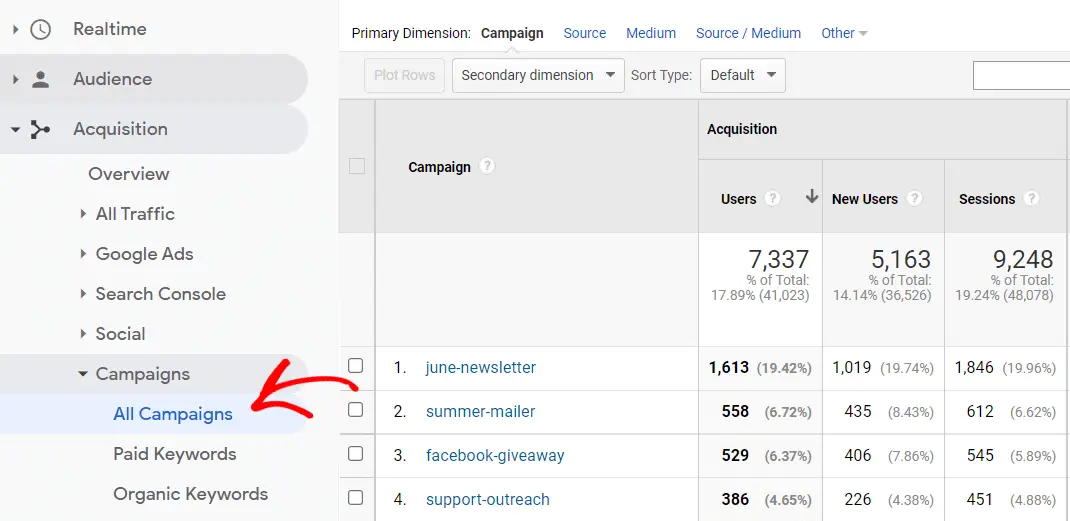What is Digital Marketing Analytics
Business are implementing Integrated Digital Marketing, where we combine more than one digital marketing channels like SEO, Social Media Marketing, Email Marketing, etc. All these channels work towards a single goal of achieving the business goal, which is generating revenue.
Digital Marketers are very keen to know which marketing channels are performing well. Data analysis is becoming more complex than ever. So, let us understand how we analyze the digital marketing data.
Understanding Digital Marketing metrices are the key to a successful digital marketing analytics. Once you have identified and understood the the metrices, you can then start monitoring the marketing campaigns effectively.
What is Digital Marketing Analytics
When a customer visits your website, the visitor makes a number of clicks, navigates to the pages and clicks the Call to Action button, all such data is stored in Tools like Google Analytics. Analyzing such data is what Digital Marketing Analysis all about.
Let us take another scenario where we have launched a marketing campaign in Facebook Ads.
There are quite a lot of engagements from the customers. The data pertaining to customer engagements are captured by Facebook. Facebook captures and represents such data in Facebook Insights tool. Analyzing such data captured is the part and parcel of Digital Marketing Analytics.
In short, Digital Marketing Analysis simply means analyzing the data from your marketing campaigns. Most of the businesses follow an Integrated Digital Marketing approach where we have multiple marketing channels to generate revenue.
We run multiple marketing campaigns in each of the marketing channels. In case of Email Marketing, we usually run campaigns like product promotion campaigns, newsletter campaigns, cart abandonment campaigns, etc.
We have to clearly understand the metrices pertaining to each marketing channels. Once you have control over the matrices, you can then start monitoring the marketing campaigns effectively.
Understand the goals of Digital Marketing Analytics
The goal of Digital Marketing Analytics is to measure the performance of marketing campaigns. As mentioned, we use multiple marketing channels to generate revenue. In most cases we have use multiple marketing channels like email marketing, ecommerce website, social media accounts, etc to achieve the business goals.
In case if you have an online store, we use the website to generate revenue. We also use email marketing for product promotions, newsletters, etc. and we run shopping ads in social media and Google to generate an extra revenue.
As a Digital Marketer you want to know which marketing channels are generating more revenue.
The primary goal of Digital Analytics is to understand what your customers are doing when they are in your website or in your social media profiles. Which marketing channel are we good engagement from our customers. Are they spending time in the Facebook Page, Instagram page, etc.
One of the goals Digital Marketing Analytics is to provide the customer a good experience. And finally the convert the engaging customers to paying customers.
What is Website Analytics
Website Analytics is more technical in nature like the page load speed, page views per visit, etc. One of the free tools we use for website Analytics is Google Search Console.
Digital marketing analytics, on the other hand, measures business metrics like traffic, leads, and sales, and allow you to observe which online events determine whether leads will become customers.
Digital Analytics is a broad terms which include web Analytics, Social Media Analytics, Paid Ads Analytics, etc.
Understanding Digital Marketing Metrices
Some of the commonly used marketing channels are Website Marketing, Email Marketing, Lead Generation Marketing, Social Media Marketing and Ecommerce Sales. One of the key success factors in Digital Marketing Analytics is to identify the metrices relating to each of these marketing channels.
Marketing metrices are values used to measure the effectiveness of marketing campaigns. For us to perform data analysis, we must first understand the parameters for measuring the data. Let us discuss some key metrices for different marketing channels. The metrices pertaining to these marketing channels will vary.
Some of metrices pertaining to Email Marketing are Open Rate, Bounce Rate, Click Through Rates, Open by Devices and Unsubscribe Rates.
The key metrices in Website Marketing are Page Views, Traffic, Time spend by the user in a webpage, Call to Action Click THrough rates, Traffic by channels, etc.
Lead Generation campaign metrices generally include Total Leads Generated, Quality Leads Generated, Rates of leads generated to Qualified Leads, etc
Post Reach, Number of comments, Number of Shares, etc are some of the social media marketing metrices
Abandoned Cart, Revenue by source, etc are some of the metrices relating to ecommerce stores.
Email Marketing Data analysis using Google Analytics
In order to track the email marketing campaign in Google Analytics, you shall have to create a TRACKABLE URL in GOOGLE ANALYTICS for your email campaign using this link https://ga-dev-tools.appspot.com/campaign-url-builder/
Attach the TRACKABLE URL to the emails send to customers.

Then, login to Google Analytics and navigate to ACQUISITION > CAMPAIGNS to track your Email Marketing Campaign data.

Conclusion
Identifying and understanding the metrices pertaining to marketing campaign are the key to successful Digital Marketing Analytics. Once we have a good understanding about the metrices, businesses can effectively monitor the marketing campaigns.
About the Author

Joshi Rabiyath
I am a Digital Marketer, currently run a Digital Marketing Agency. Please check the Digital Marketing Services offered by us. I write about Digital Marketing, Digital Marketing Analytics and Affiliate Marketing.